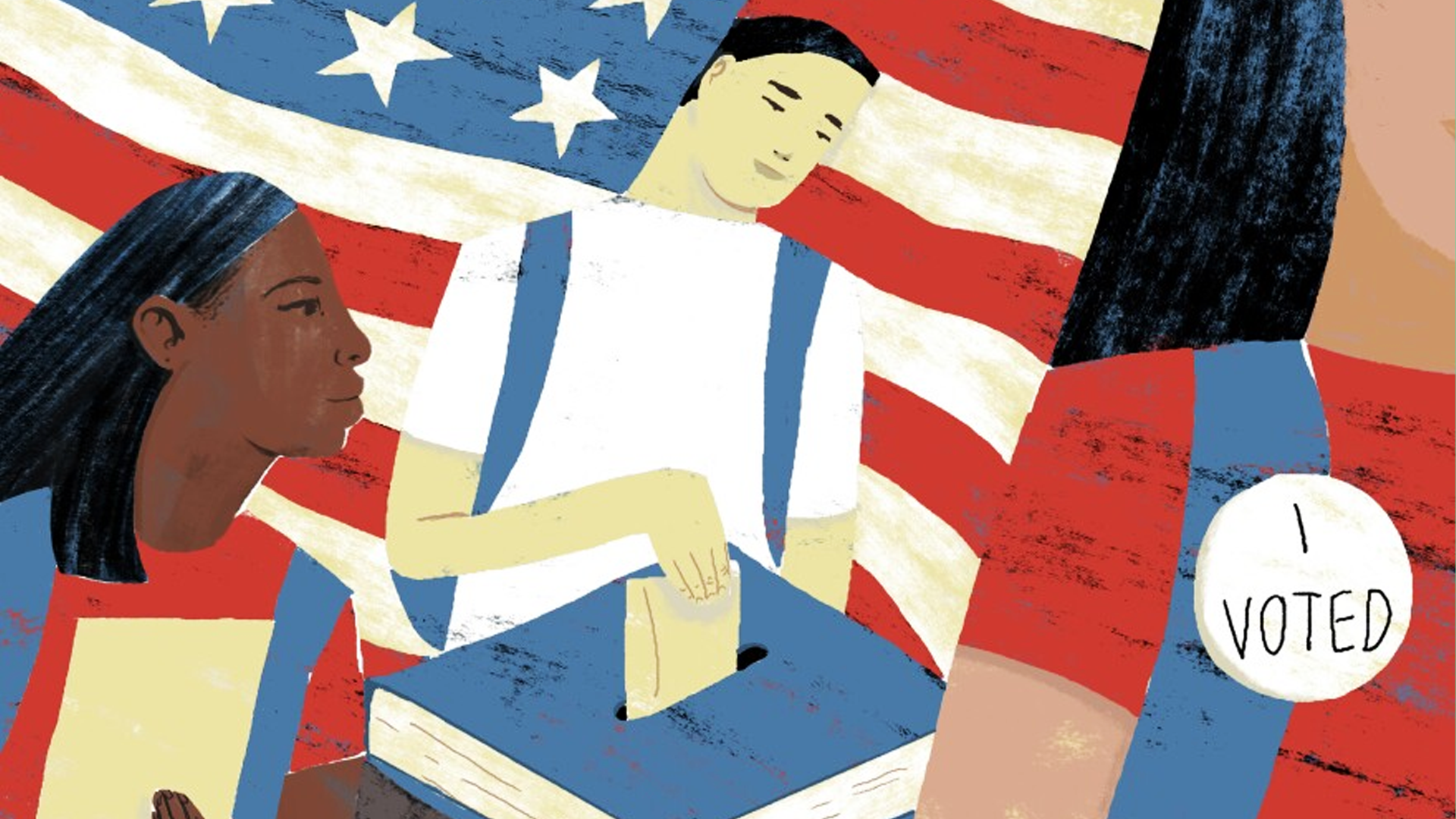
The Republic Will Not Survive Without Civic Education
By any honest measure, American democracy is running on fumes. We aren’t short on outrage or information; we’re short on understanding. When a nation forgets how its government works, what its founding promises require, and how to argue in good faith, it begins to mistake noise for participation and cynicism for wisdom.
The fix ain't glamorous, but it's proven: rebuild civic education and teach honest, evidence-based history.
Consider the facts. On the most recent National Assessment of Educational Progress, only 22% of eighth-graders reached Proficient in civics and just 13% did so in U.S. history. The Annenberg Public Policy Center reports that while about seven in ten adults can name the three branches of government, many cannot identify core First Amendment freedoms. Pew Research Center finds that roughly one in five Americans trusts the federal government most of the time. Meanwhile, the Stanford History Education Group has shown that students routinely mistake sponsored content for news, and Common Sense Media estimates tweens and teens spend five to nine hours a day with entertainment media outside school. That's a perfect storm: low knowledge, low trust, high exposure.
If we want better politics, we need better preparation.
Civic education is often treated as an afterthough, nice if you have time after the “real” subjects. That view gets the purpose of public education totally backward. Horace Mann called schooling “the great equalizer” because it equips citizens to govern themselves. Alexis de Tocqueville warned that every generation is a “new people” who must learn the habits that sustain liberty. Democracy is not hereditary. It must be taught, practiced, and renewed.
There is a practical, bipartisan case for civics.
First, civics pushes back against misinformation and polarization. When students learn to evaluate sources, verify claims, and recognize how algorithms amplify outrage, they are less likely to be manipulated. The Stanford Civic Online Reasoning research offers a sober diagnosis and a workable prescription: teach lateral reading, provenance, and evidence standards explicitly. Pair that with structured classroom deliberation and you get something our discourse sorely lacks: disagreement without dehumanization.
Second, civics builds an informed electorate. Studies from communities like CIRCLE and Annenberg show that students who experience high-quality civics are more likely to vote, follow public affairs, and know campaign issues as adults.
Third, civics strengthens communities beyond elections. AmeriCorps and Census data document tens of millions of volunteers annually. Schools that connect coursework to service amplify that instinct. Programs such as We the People and Project Citizen have been shown to increase political tolerance, argument quality, and authentic participation, the very dispositions we need to rebuild trust.
Predictably, some will say: “We already teach government,” or “history has become politicized.” The answer is to teach more carefully, not less honestly. The Center for Civic Education’s National Standards for Civics and Government and NAEP’s civics frameworks offer an approach grounded in three pillars: knowledge (how institutions and rights actually work), skills (analyzing sources, arguing from evidence), and dispositions (public-spiritedness, civility, respect for law). That is not indoctrination; it's capacity-building. It protects classrooms from partisanship precisely by anchoring lessons in documents, data, and transparent reasoning.
What does this look like in practice?
- Time and priority. Guarantee dedicated instructional time for civics and U.S. history in middle and high school. Test what matters: analysis and application, not trivia.
- Inquiry and evidence. Center primary sources, case studies, and document-based questions. Teach students to source, contextualize, corroborate, and make claims backed by proof.
- Media and digital literacy. Make verification, attribution, and recognition of sponsored content part of every civics unit.
- Discussion and simulations. Use structured debates, mock legislative hearings, youth advisory councils, and simulations of courts and agencies to turn knowledge into practice.
- Community-anchored learning. Tie coursework to local issues like water, transit, budgets, or privacy so students see democracy as a tool that improves daily life.
- Invest in teachers. Research summarized by the National Commission on Teaching and America’s Future shows teacher expertise drives outcomes more than almost any other school factor. Fund content-rich professional learning in civics and history, provide materials for primary-source instruction, and protect educators who teach evidence without fear.
There is nothing inevitable about civic decline. Americans across parties tell pollsters they want schools to prepare students for responsible citizenship. We have the frameworks, the research, and the classroom models. What we lack is the will to put civics where it belongs: at the center.
The republic does not need more performative outrage. It needs citizens that are curious, informed, and ready to govern with one another. That starts with what and how we teach our children.
If we want a country worthy of their courage, we must teach them how to use it.
Let’s raise honest, open minds, because the republic depends on those who can see through noise and act with purpose.